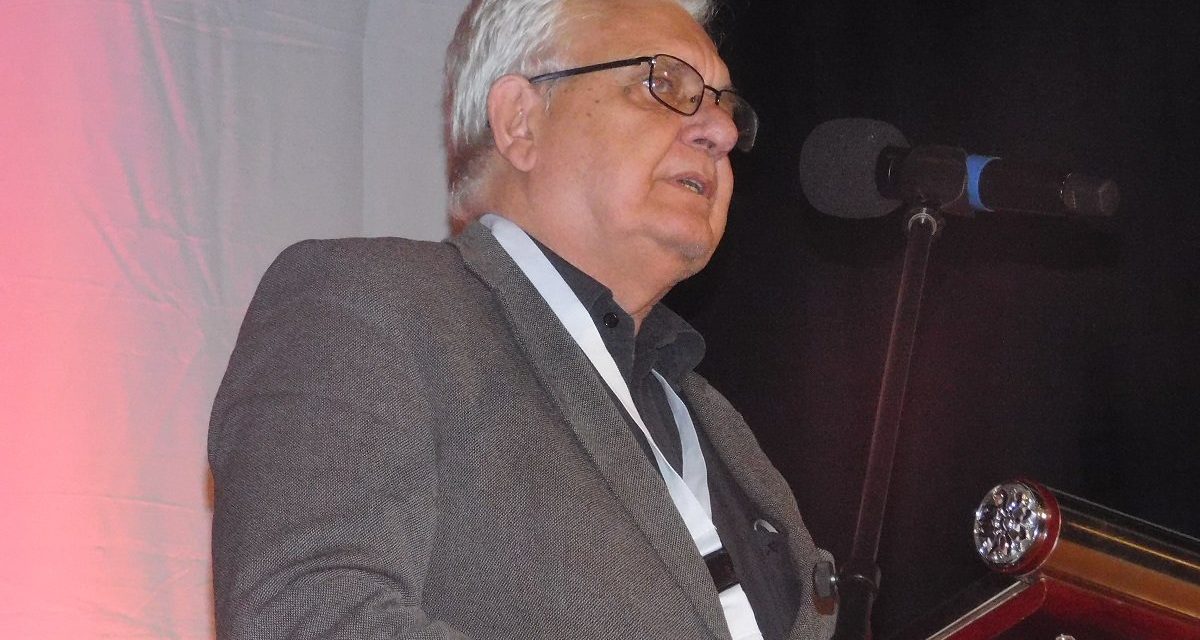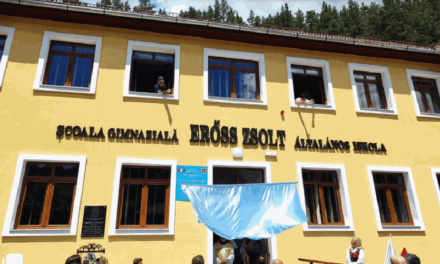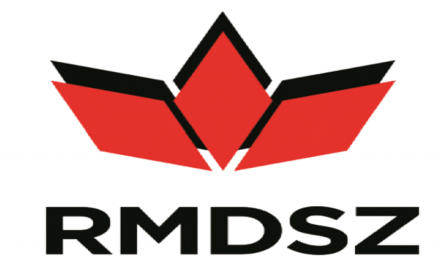Miklós Duray wrote a critical analysis with the above title in the September/October issue of the Bécsi Napló.
The three Hungarian political organizations in the highlands (Hungarian Community Party, Most-Híd, Összefogas) that are apparently merging have set the date of their inaugural congress for October 2, 2021, he writes. It's about time, because even if there are no early parliamentary elections in Slovakia, in two years' time four community elections will be held in the neck of society.
However, public support for Hungarian politics in the highlands is at an unprecedented low, and the political public opinion of the Hungarian community is fragmented.
In mid-September, the AKO agency already measured support in the name of the unified Hungarian party, and it was still far short of the five percent threshold for entering parliament (it was 3.8%, compared to 3.3% a month earlier), even though there was a period fifteen years ago , when we approached 12%.
We know exactly who were the destroyers of the community, what caused the disintegration.
The main role was always played by individual or small group interests and the same ones always appeared in the background. Thirty years is a long time, but if behind them, for twenty years now, is the money of the oil refiners and those who trade in their products, as well as the governments that are colluding with them, then there is hardly a chance for community interests to be asserted.
Why won't this merger work? One of the main reasons is its structural construction.
It is made up of three units-platforms with internal autonomy, each of which has a legal status similar to a veto, and if there is no agreement between the three. activity is paralyzed.
But it is worth talking about this after the merger, because it is possible that the practice will prevail after all. It can be assumed that Hungarian politics in the highlands will be dominated by apparent calm until the next parliamentary election.
Source and image: Miklós Duray, Bécsi Napló Sept-Oct 2021 issue/ Felvidék.ma













